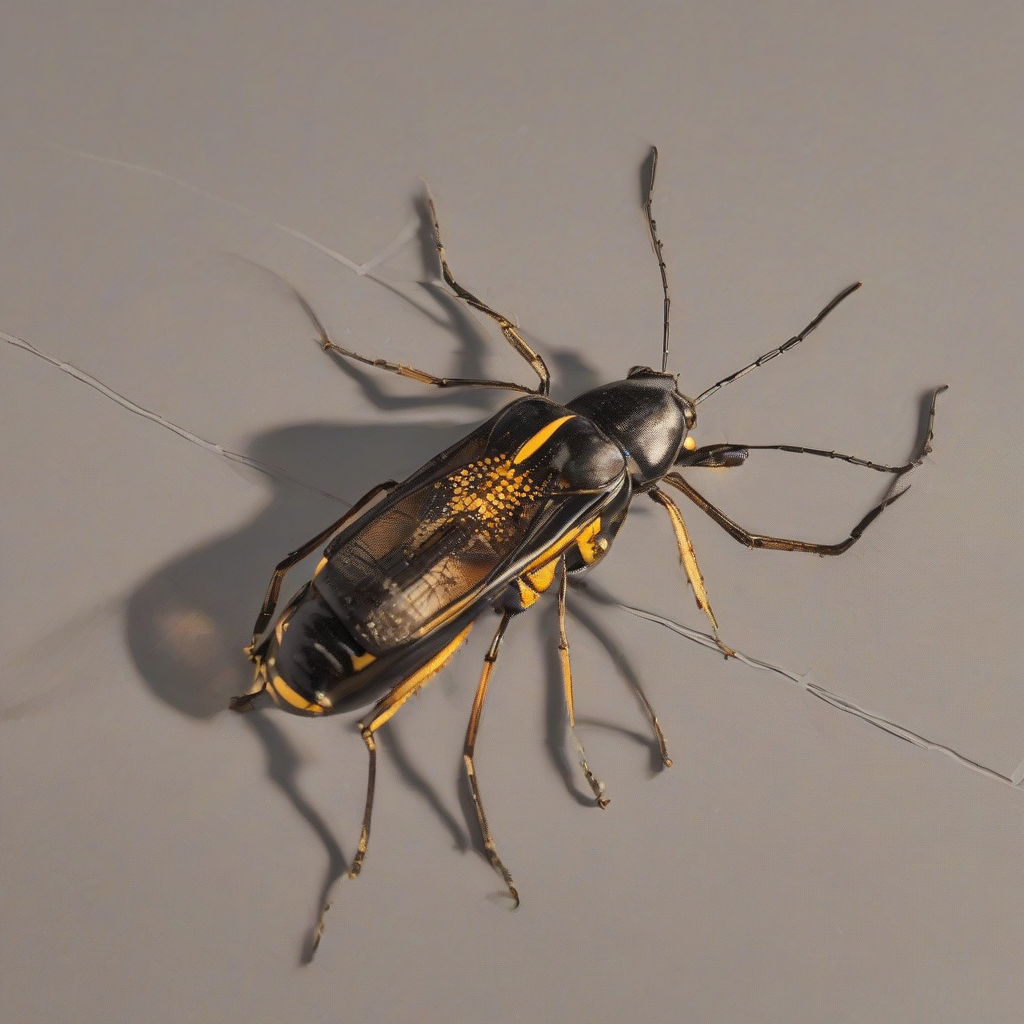Your Ultimate Guide to Effective Insect and Pest Control Near You
Finding reliable insect and pest control services can be crucial for maintaining a healthy and comfortable living environment. Whether you’re dealing with a minor infestation or a widespread problem, understanding your options and choosing the right approach is essential. This comprehensive guide explores various aspects of insect and pest control, helping you identify the best solutions available in your local area.
Identifying the Pest Problem
Before seeking professional help, accurately identifying the pest is the first step. Different pests require different control methods. Common household pests include:
- Ants: Various species exist, each with unique habits and preferred food sources. Identifying the type of ant can help determine the most effective control strategy.
- Cockroaches: Known for spreading diseases, cockroaches require thorough extermination methods to eliminate both adults and eggs.
- Rodents (Mice & Rats): These pests can cause structural damage and pose health risks. Control measures often involve trapping, baiting, and exclusion.
- Spiders: While some spiders are beneficial, others may pose a threat. Identifying venomous species is crucial.
- Termites: These wood-destroying insects can cause extensive damage to homes. Professional termite inspections and treatment are usually necessary.
- Bed Bugs: These nocturnal insects feed on human blood, causing itchy bites and disrupting sleep. Eradication requires a multifaceted approach.
- Fleas: Often found on pets, fleas can infest homes and bite humans. Treatment involves treating pets and the home environment.
- Moths: These insects can damage clothing and stored food. Proper storage and moth repellents can help.
- Beetles: Many beetle species infest homes, targeting stored products like grains and wood.
- Wasps and Hornets: These stinging insects can pose a danger. Professional removal is often recommended for nests.
Choosing the Right Pest Control Method
Several methods exist for controlling insect and pest infestations, ranging from DIY solutions to professional services. The best approach depends on the type of pest, the severity of the infestation, and your comfort level with pest control techniques.
DIY Pest Control Methods
For minor infestations, DIY methods might suffice. However, these methods often require patience and persistence and may not be effective against severe infestations.
- Cleaning and Sanitation: Regularly cleaning your home, removing clutter, and sealing cracks and crevices can prevent pest infestations.
- Traps: Sticky traps, snap traps, and glue traps are effective for catching certain pests like rodents and insects.
- Natural Repellents: Certain plants, essential oils (like peppermint and tea tree oil), and diatomaceous earth can deter some pests.
- Store-bought Insecticides: Various insecticides are available for targeting specific pests. Always follow the instructions carefully and prioritize safety.
Professional Pest Control Services
For more significant infestations or when DIY methods fail, professional pest control services offer expertise and effective solutions. Professional pest control companies typically employ a range of techniques, including:
- Inspections: A thorough inspection helps identify the pest, the extent of the infestation, and potential entry points.
- Treatment: Professionals use various treatment methods, such as insecticides, baits, fumigation, and heat treatments.
- Prevention: They provide recommendations for preventing future infestations, such as sealing cracks, removing clutter, and maintaining proper sanitation.
- Monitoring: Post-treatment monitoring helps ensure the effectiveness of the treatment and identify any recurring problems.
Finding Pest Control Services Near You
Locating reputable pest control services near you involves several steps:
- Online Searches: Utilize search engines like Google, Bing, or Yelp to search for “pest control near me” or “insect control near me”.
- Online Directories: Check online business directories for local pest control companies.
- Recommendations: Ask friends, family, neighbors, or coworkers for recommendations.
- Professional Associations: Check the websites of professional pest control associations for a list of certified and licensed companies in your area.
Factors to Consider When Choosing a Pest Control Company
When selecting a pest control company, several factors should be considered:
- Licensing and Insurance: Ensure the company is properly licensed and insured to operate in your area.
- Experience and Expertise: Look for a company with experience in handling the specific type of pest you’re dealing with.
- Reputation and Reviews: Check online reviews and testimonials from previous customers.
- Treatment Methods: Inquire about the specific treatment methods used and whether they are environmentally friendly.
- Pricing and Contracts: Understand the pricing structure and contract terms before agreeing to services.
- Warranty or Guarantee: Ask about any warranties or guarantees offered on the treatment.
Safety Precautions
Whether using DIY methods or hiring professionals, prioritizing safety is crucial:
- Read Labels Carefully: When using insecticides or other pest control products, always read and follow the label instructions carefully.
- Wear Protective Gear: Wear gloves, masks, and eye protection when handling pesticides or other chemicals.
- Proper Ventilation: Ensure adequate ventilation when using indoor pesticides.
- Keep Children and Pets Away: Keep children and pets away from treated areas until the area is dry and the product has fully dissipated.
- Dispose of Safely: Dispose of used pesticides and other chemicals according to the label instructions.
- Professional Guidance: For larger infestations or if you’re unsure about handling the situation safely, consult a professional pest control company.
Preventive Measures
Preventing future pest infestations is often more effective and cost-effective than dealing with existing problems. Implementing preventive measures can significantly reduce the likelihood of pest infestations:
- Regular Cleaning: Regularly clean and vacuum your home, paying attention to areas where pests may accumulate.
- Sealing Cracks and Gaps: Seal any cracks or gaps in walls, floors, and windows to prevent pests from entering.
- Proper Food Storage: Store food in airtight containers to prevent attracting pests.
- Decluttering: Remove clutter and unnecessary items that can provide hiding places for pests.
- Yard Maintenance: Keep your yard and landscaping well-maintained to discourage pests from entering your home.
- Regular Inspections: Regularly inspect your home for signs of pest activity.

